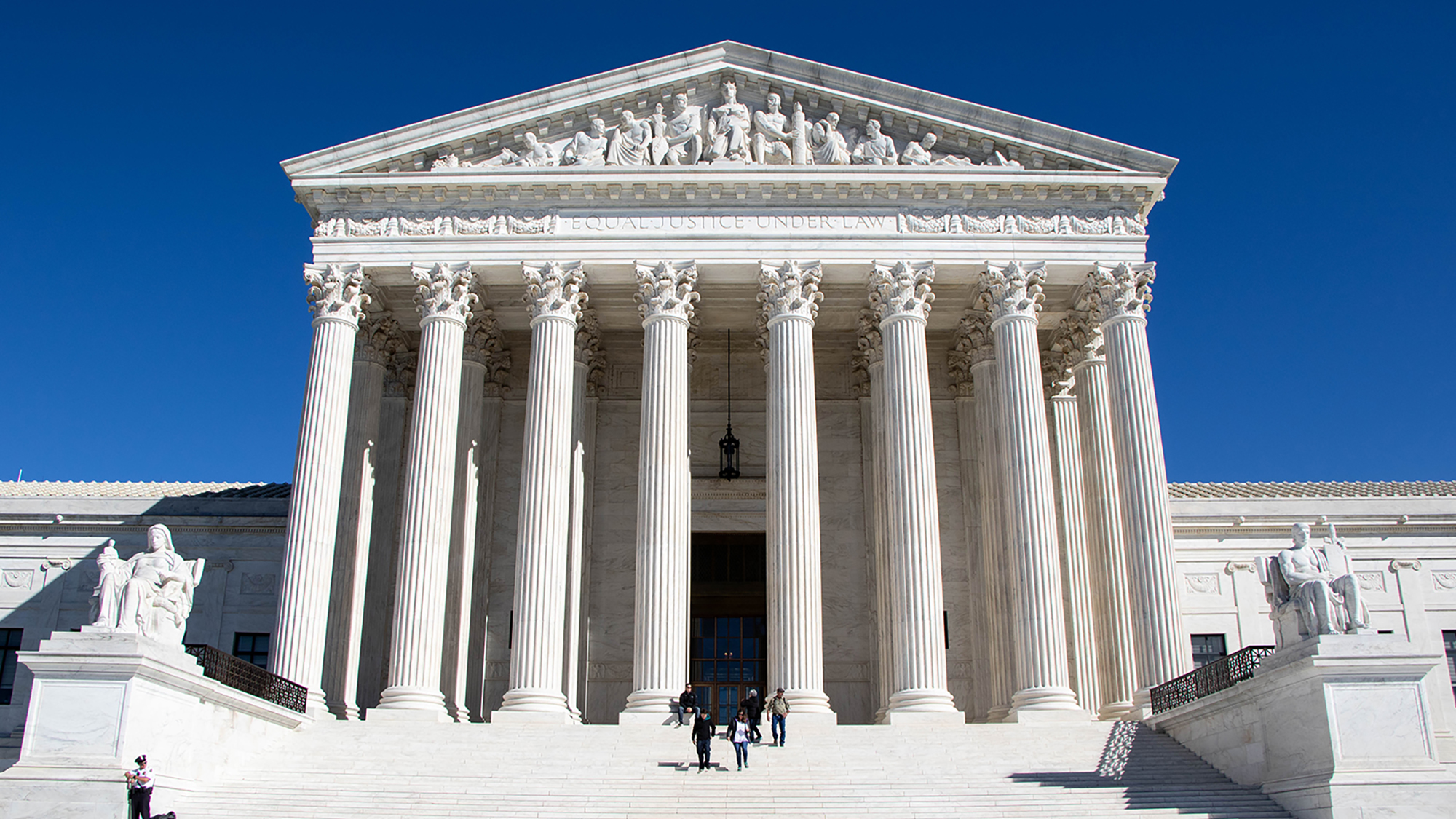Some students and faculty at the University of Maryland expressed concern about diversity at colleges after the Supreme Court agreed to hear two affirmative action cases on Jan. 24.
“If you do remove [affirmative action programs], I think there’s no way of predicting how to diversify schools or bring in more minority applicants or students,” freshman public health science major Ijeoma Okoro said.
The cases levied against programs at Harvard University and the University of North Carolina are designed to increase student diversity.
Students for Fair Admissions, a group founded by legal strategist Edward Blum, has raised multiple cases against affirmative action programs.
“Harvard and the University of North Carolina have racially gerrymandered their freshman classes in order to achieve prescribed racial quotas,” Blum wrote in a statement.
Senior criminology and criminal justice major Keiza Casteal said Blum’s claim is flawed.
“What [affirmative action] is saying is that instead of being so selective, let’s ensure that everyone has the same opportunity,” said Casteal. “Because obviously if you are a Black male or Black female with the same qualifications as this white counterpart, or this Asian counterpart, it’s easy to be overlooked.”
[UMD Senate discusses community’s mental health moving forward]
Dr. Julie Park, an associate professor in the college of education at this university who consulted for the Students for Fair Admissions v. Harvard case on the side of Harvard, said that these cases were a concerted effort by Blum to eliminate the use of affirmative action.
This university considers diversity in its admissions selections, one of many factors in the process.
The focus on Asian American applicants and the review of programs from two different institutions is new, Park said.
Community health and psychology sophomore Amanda Vu said Blum’s argument perpetuates the model minority myth, the stereotype that Asian people are innately smart and hard-working.
Vu serves as the co-vice president of external affairs for the Asian American Student Union. She said the idea that affirmative action was created to disadvantage high-achieving Asian students is harmful.
“A lot of people were trying to pit Asian Americans against other minority groups, and that’s really harmful,” Vu said.
While applying to colleges, senior biology and women’s studies major Jackie Liu said she initially worried she would be a target of affirmative action discrimination against Asians.
[Maryland lawmakers, advocates push for ban on unregistered ghost guns]
After some self reflection, the AASU co-vice president of advocacy changed her perspective.
“I realized that affirmative action is a crucial and necessary law that is needed to ensure that we kind of fix the decades and hundreds of years of racial discrimination that this country has been built upon, particularly when it comes to higher education,” Liu said.
She said affirmative action needs to be discussed more in Asian American communities.
“In order for us to reach out across the aisle to other minoritized communities, we need to do the work to try and unpack the biases that we already have,” Liu said.
In 2019, a college admissions scandal came to light with Operation Varsity Blues, in which parents conspired with a private admissions counselor to fake their children’s credentials so they could attend prestigious universities.
“These kinds of backdoors used by privileged, socioeconomically advantaged, usually white, people are like an example of why affirmative action is totally completely necessary,” Vu said.



